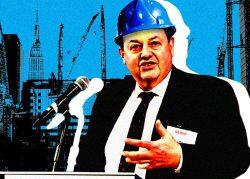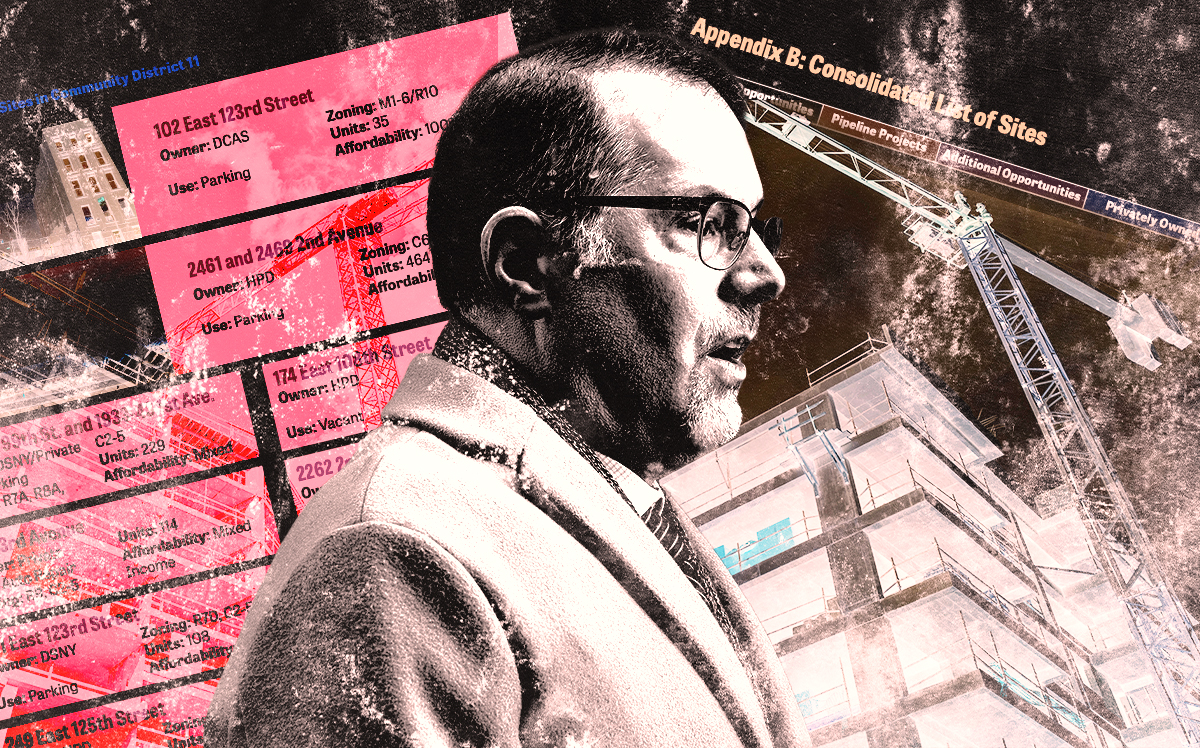Manhattan’s president sounded the alarm after July passed in the borough without a single housing unit approved for development.
Zero buildings and zero units were approved for construction in Manhattan last month, Mark Levine tweeted this week. For all of New York City, only 10 buildings and 279 units were approved.
“This should be considered a crisis,” Levine said in the tweet first reported by Insider. “We have to fix this.”
Levine said the fruitless month was not seasonal, reciting the data from previous years. Last July, there were 215 units approved in the borough, Levine tweeted. Ten years ago, 1,208 units were approved.
More likely culprits are high interest rates and the expiration of a key tax incentive, 421a. The program — which gave developers a tax break in exchange for including a percentage of affordable units in their projects — lapsed in June 2022, making it harder for developers to finance multifamily projects.
After failed attempts to replace the measure or extend a construction deadline for the expired version, Gov. Kathy Hochul recently launched an alternative in Brooklyn’s Gowanus neighborhood. Its effectiveness remains to be seen, however, as does its potential to be implemented beyond Gowanus.
Read more



Levine doesn’t exclusively trade in qualms: He released a report this year identifying 171 development sites that hold the potential to produce 73,000 housing units. The sites include vacant lots, gas stations and parking garages.
Among the largest sites in Levine’s plan were a downtown pier used as a heliport for the president (of the United States, not of Manhattan), a vacant parcel where Stefan Soloviev has designs on an East Side casino and a Harlem project known as One45, which was foiled by Council member Kristin Richardson Jordan, but is being revived.
The housing shortage in the city and the state has prompted politicians to promote lofty goals, from Hochul’s 800,000-unit housing compact — which legislators left on the cutting-room floor — to Mayor Eric Adams’ “moonshot” of 500,000 units by 2032.
